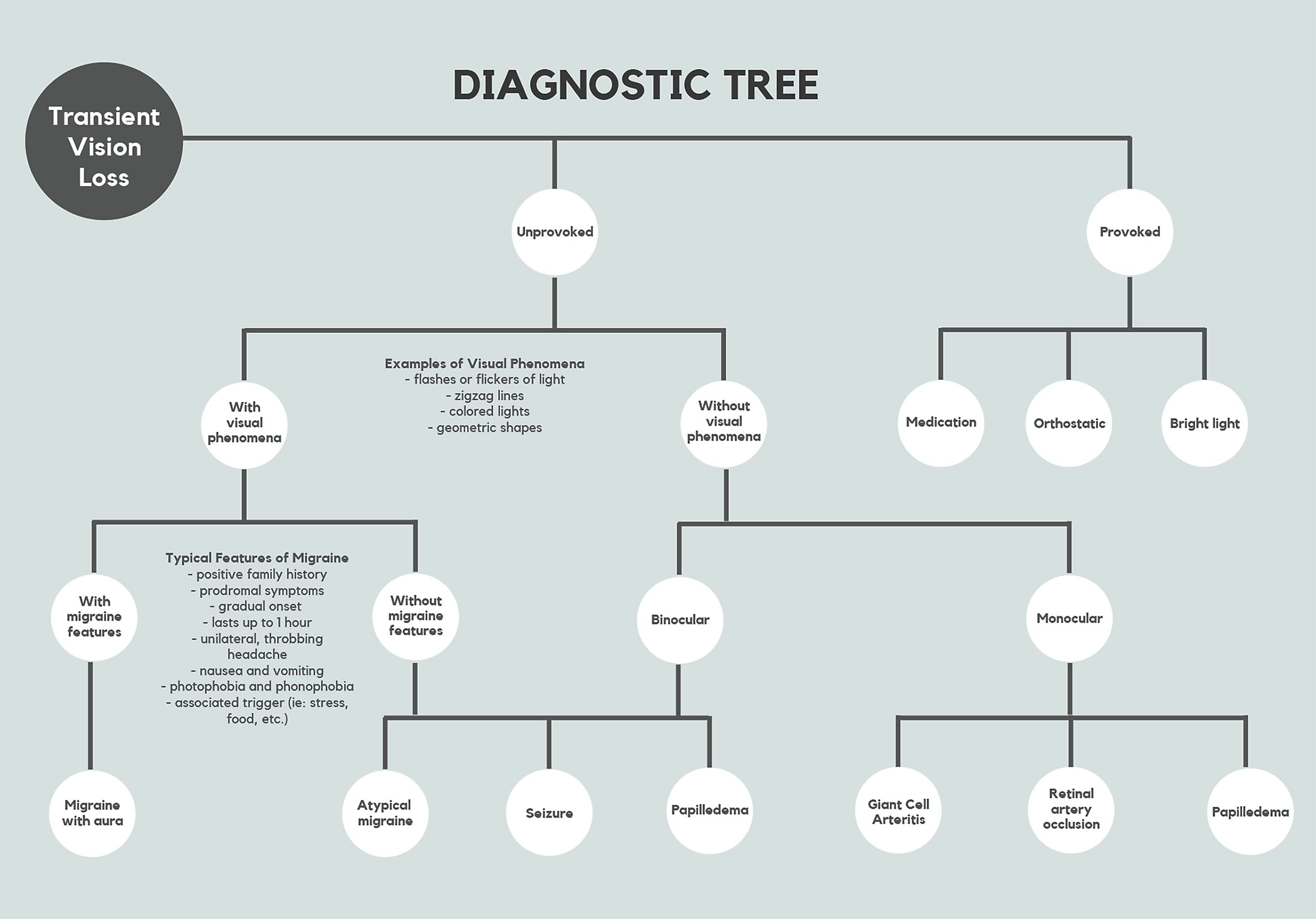- Get link
- X
- Other Apps
When someone loses peripheral vision in all directions it is usually called tunnel vision. The sudden loss of vision in one eye or both can mean partial blindness.
 Peripheral Vision Loss Causes Treatments And More
Peripheral Vision Loss Causes Treatments And More
Vision loss in one eye that can last between seven and 10 days.

Sudden loss of peripheral vision in one eye. In some cases sudden cloudy vision in one or both eyes could be the sign of something serious and requires emergency medical treatment. It can cause total or partial. Over time you could lose all of your eyesight.
Causes of sudden vision loss Migraine. Compared to the dry form of the disease wet macular degeneration is rapid but does not usually cause abrupt loss of sight. Peripheral vision loss is the deterioration of your normal wide-angle field of vision.
Experiencing double vision even if it is temporary. What you have described suggests that your granddaughter may have a problem with her peripheral vision. Sudden reduction in visual acuity Pain around the eye that worsens with sideways eye movement.
Blurry or lost vision in both eyes can occur when you have a stroke affecting the part of your brain that controls vision. This may develop as blurring in side-areas of your visual field which can eventually lead to a symptom commonly described as tunnel vision if left untreated. When you experience a sudden vision loss it doesnt mean you are necessarily totally blind.
Sudden loss of peripheral vision may indicate a detached retina which is a medical emergency that must be treated as soon as possible to avoid permanent vision loss. This is because a stroke damages one side of the brain. If you have a sudden decrease in peripheral vision see your eye doctor immediately.
This is a neurological type of vision loss as your eyes. Depending on its origin this type of blindness can be chronic or acute. Eye strokes occlusions that block normal blood flow to the eyes internal structures including the optic nerve likewise can result in loss of peripheral vision.
A black eye. If the problem is solely an ocular one it may represent a retinal disorder. The American Academy of Ophthalmology AAO says peripheral vision loss also called tunnel vision can be caused by the following conditions.
The typical migraine visual effects involve. Luckily doctors can prevent vision loss if they find your glaucoma early. When light enters the eye it is focused onto the back of the eye from where the images are carried by nerves to the brain where they are processed.
Lets look at the most common causes of a. Diabetic Retinopathy High blood sugar can damage the small blood vessels in the retina which is the area of the eye that senses light. Typical symptoms of temporalgiant cell arteritis include.
You can also experience a blurring of vision that comes on suddenly. Sudden loss of vision New-onset headache particularly around the temporal region. A stroke can cause blurred vision or loss of vision in one or both eyes 6.
Migraine can often cause visual symptoms known as migraine aura. A stroke can lead to impaired vision by causing insufficient blood flow to the eye the optic nerve or the visual processing. Vision loss in the central or peripheral field of vision.
The vision loss can be rapid say over a period of days or weeks. A stroke involving your eye causes blurred or lost vision in only one eye. Teenager with peripheral vision loss DEC 11 2013.
A detached retina is when the retina lifts away from the back of the eye. There are several reasons for peripheral vision loss-- they include glaucoma retinal diseases trauma and cataract surgery. If the loss of vision on one side occurs in both eyes the problem is most likely neurological.
A common cause of loss of peripheral vision in one eye likewise called a peripheral field flaw is optic nerve damage from glaucoma. You can experience sudden blindness in both eyes or just in one eye. A stroke can cause loss of vision on one side of each eye permanently.
6 Experiencing partial or complete blindness in one or both eyes even if it is only temporary. The loss of vision can be complete or only partial. Can a stroke cause sudden loss of vision in one eye.
Loss of color vision or colors appear less saturated Changes in the way the pupil reacts to bright light. Sometimes the neovascular membrane the wet abnormal blood vessels can bleed within the retinal tissue and cause sudden loss of vision. The implant placed insi.
In this way there is no complete loss of vision but its use is difficult. If you suspect you have lost peripheral vision see your eye doctor for a comprehensive eye exam that includes visual field testing. When this happens you may lose your peripheral vision.
If it involves just one eye the problem is most likely ocular. Certain eye conditions like glaucoma and optic neuritis may cause a sudden or gradual loss of peripheral vision.
 Peripheral Vision Loss The Canadian Association Of Optometrists
Peripheral Vision Loss The Canadian Association Of Optometrists
 Vision Loss Sudden Eye Disorders Merck Manuals Consumer Version
Vision Loss Sudden Eye Disorders Merck Manuals Consumer Version
 9 Serious Vision Symptoms To Watch Out For Everyday Health
9 Serious Vision Symptoms To Watch Out For Everyday Health
 Peripheral Vision Loss Causes Diagnosis Prevention And Treatment
Peripheral Vision Loss Causes Diagnosis Prevention And Treatment
 Peripheral Vision Loss Eye Health Library Bc Doctors Of Optometry
Peripheral Vision Loss Eye Health Library Bc Doctors Of Optometry
 Peripheral Vision Loss Causes Treatments And More
Peripheral Vision Loss Causes Treatments And More
 Vision Loss In One Eye Causes Of Blurry Dark Or Partial Vision
Vision Loss In One Eye Causes Of Blurry Dark Or Partial Vision
 Vision Loss As A Warning Sign Of Stroke Novavision
Vision Loss As A Warning Sign Of Stroke Novavision
 What Is Visual Field Loss And How Can It Be Treated Vision For Life
What Is Visual Field Loss And How Can It Be Treated Vision For Life
 Red Flag Symptoms Blurred Vision Gponline
Red Flag Symptoms Blurred Vision Gponline
 A Workup Protocol For Transient Vision Loss
A Workup Protocol For Transient Vision Loss
 Temporary Loss Of Peripheral Vision Causes Treatment Prevention
Temporary Loss Of Peripheral Vision Causes Treatment Prevention
 Peripheral Vision Loss Getting Acquainted With The Basics Irisvision
Peripheral Vision Loss Getting Acquainted With The Basics Irisvision
 Peripheral Vision Loss Getting Acquainted With The Basics Irisvision
Peripheral Vision Loss Getting Acquainted With The Basics Irisvision
Comments
Post a Comment